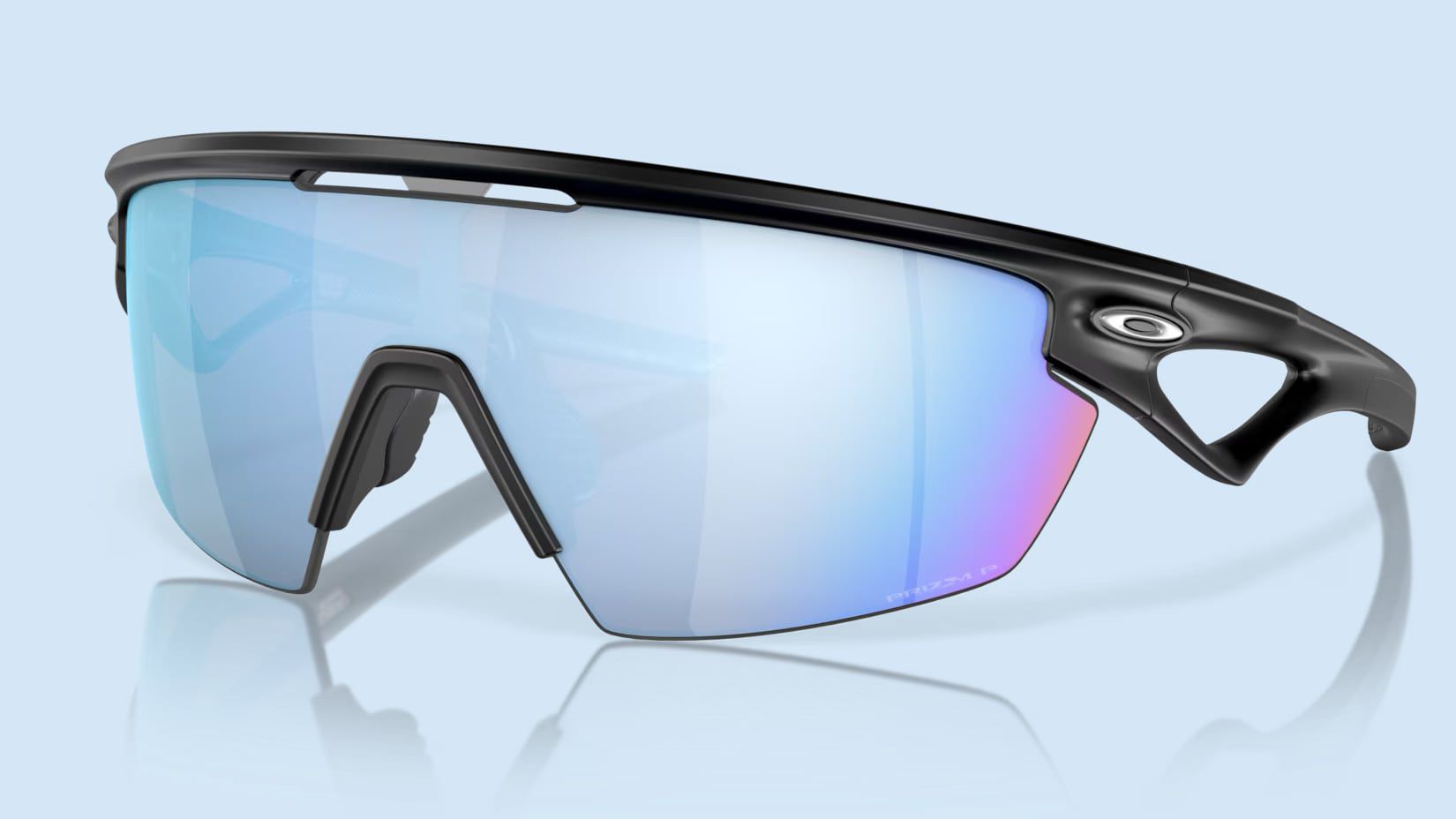Most decisions aren’t hard because the options are unclear.
They’re hard because your motivations are tangled.
You think you’re choosing between Option A and Option B. But really, you’re choosing between what you want, what you think you should want, what others expect you to want, and what you’re afraid to want.
The best decisions come from untangling these motivations before you choose.
I learned this from watching a founder struggle with selling his company. Good offer on the table. Couldn’t decide.
“What’s making this hard?” I asked.
“The money is good, but not life-changing. I’d lose the status of being CEO. But I’m burned out and want to start something new.”
Three different motivations. Three different answers. No wonder he couldn’t decide.
That’s when I introduced him to the Clarity Razor – a simple framework that cuts through the noise of complex decisions.
The Clarity Razor
When facing a difficult decision, ask two questions:
“What would I choose if money wasn’t a factor?”
“What would I choose if status wasn’t a factor?”
The overlap is usually your answer.
This sounds simple, but it’s not. These two filters reveal the hidden forces driving most of your difficult decisions. To understand why this works, you need to understand why decisions feel so complicated in the first place.
Why Your Brain Sabotages Your Decisions
Your brain evolved for a world that doesn’t exist anymore.
For thousands of years, survival came down to two things: having stuff and fitting in. Get resources or starve. Keep your social status or get kicked out of the tribe.
Your brain still runs this old software, which means every decision triggers survival mode:
- Will this get me more resources?
- Will this keep me in the group?
- What will people think?
This happens instantly, before you even realize it. And it usually conflicts with what you actually want. I call this “anxiety override” – when your caveman brain hijacks your decision-making.
The result? You end up solving problems that don’t exist instead of going after what you actually want.
When Anxiety Override Goes Wrong
The Challenger disaster in 1986 shows what happens when this goes wrong. NASA engineers knew the O-rings would break in cold weather. They said to delay the launch. But NASA was freaking out about funding and looking bad in public.
Money pressure and status fear beat out engineering facts. Seven people died because smart people couldn’t separate what they knew was right from what they were scared would happen.
This wasn’t dumb people making dumb choices. This was anxiety override in action. When you optimize for money and status instead of what actually matters, you usually get screwed on all fronts.
But here’s the thing: it works the other way, too. The best decisions come from people who have learned to ignore short-term money and status pressure. Which is exactly how the Clarity Razor works.
The Money Filter: Removing Resource Anxiety
The first question – “What would I choose if money wasn’t a factor?” – cuts out the money anxiety.
This isn’t about pretending money doesn’t matter. It’s about figuring out what you want versus what you think you need to survive. Most “financial necessity” is just anxiety about stuff that probably won’t happen.
Warren Buffett’s success shows this perfectly. While other investors made decisions based on quarterly panic and what everyone else was doing, Buffett asked: “What would I do if the stock market closed for 10 years?”
This cut out both the short-term money pressure and the need to keep up with other investors. He could focus on whether companies were actually good instead of whether they looked good or made quick money.
The money filter shows you what you’d pick if survival panic weren’t running the show. It reveals what you actually want when you’re not freaking out about made-up scenarios.
The Status Filter: Removing Social Performance
The second question – “What would I choose if status wasn’t a factor?” – cuts out the social performance anxiety.
Status anxiety is sneakier than money anxiety, but usually stronger because you don’t see it coming. Most status fear isn’t about real consequences – it’s about worrying what people think when their opinions don’t actually affect your life.
Steve Jobs, going back to Apple in 1997, shows how this works. Jobs was already killing it with Pixar. Taking over a dying computer company could trash his reputation, waste his time, and cost him money. Everyone thought he was crazy.
But when you remove money and status from the decision, it’s obvious. He wanted to build the products he had in his head, and Apple was the best place to do it.
The status filter shows you what you’d pick if you weren’t putting on a show for people who don’t matter. It cuts through the social theater and reveals what actually matters to you.
Where the Filters Overlap: Your Authentic Choice
The magic happens in the overlap between your two filtered answers.
When you remove both money anxiety and status anxiety, what remains is your authentic preference – the choice aligned with your actual values, interests, and goals. This is where we return to that founder’s story, because applying both filters revealed something neither could show on its own.
Money filter: “If money wasn’t a factor, would you sell?” “No. I’d keep building. The money is nice, but not transformative. I want to see where this company can go.”
Status filter: “If status wasn’t a factor, would you sell?” “Probably yes. I’m burned out on the CEO role and want to start something new. But I’m worried what people will think if I sell a ‘successful’ company.”
The overlap revealed something he hadn’t considered: He wanted to keep the company but step back from daily operations.
Instead of the binary choice between selling or not selling, the Clarity Razor revealed a third option: restructure the business. The solution was to hire a CEO and stay on as Chairman and primary shareholder.
Two years later, the company is worth 3x the original offer. He’s started a new venture. And he’s much happier. The Clarity Razor didn’t give him the answer – it revealed what he actually wanted so he could find creative solutions.
Applying This to Your Decisions
Once you understand how the filters work, you can apply this framework to any complex decision where you feel stuck or conflicted.
For career transitions, instead of asking “Should I take this job?” you ask: “What type of work would energize me if I didn’t need the income?” and “What would I choose if no one would know my job title?” The overlap shows you what to optimize for – whether that’s learning opportunities, creative freedom, team culture, or mission alignment.
For business strategy, instead of asking “Should we pursue this opportunity?” you ask: “Would this opportunity align with our mission if it wasn’t profitable?” and “Would we be excited about this if it got no industry recognition?” The overlap reveals whether you’re building something meaningful or just chasing external validation.
For personal relationships, instead of asking “Should I stay in this relationship?” you ask: “Would I choose to be with this person if financial security wasn’t a factor?” and “Would I choose this person if no one would know about our relationship?” The overlap shows you whether you’re connected by authentic compatibility or external circumstances.
The pattern becomes clear across all these applications: your filtered preferences are usually more interesting, more challenging, and more satisfying than your unfiltered choices.
Building Your Decision-Making Clarity
Like any skill, this gets easier with practice, so start small. Apply the filters to low-stakes decisions: where to eat, what to read, and which project to tackle first.
Notice how your answers change when you remove money and status pressure. This builds confidence in your filtering process and trains your brain to recognize when anxiety is overriding authentic preferences.
Then apply it to bigger decisions: career moves, business strategy, major purchases, relationship choices. Every clear decision makes the next decision easier because you develop what psychologists call “decisional confidence” – trust in your own judgment.
You stop second-guessing yourself. You stop polling everyone else for their opinion. You start trusting your filters. This compounds over time: Clear decisions → Better outcomes → Increased confidence → Clearer future decisions.
Why This Matters More Now
We live in a world of infinite choices and constant comparison.
Social media shows you everyone else’s life. The internet makes every possible path visible. The old rules that used to make decisions easier – family expectations, where you lived, limited career options – are mostly gone.
More choices don’t make you more free. They make you more anxious. The Clarity Razor cuts through this noise and helps you choose based on what you actually value instead of what other people seem to be winning at.
When everyone else is optimizing for the same external scoreboard, knowing what you actually want becomes your biggest advantage. While others are stuck in anxiety loops about money and status, you can move toward what you actually want.
Your Next Decision
Think of a decision you’re struggling with right now and apply the Clarity Razor:
“What would I choose if money wasn’t a factor?”
“What would I choose if status wasn’t a factor?”
Write down your answers honestly. The overlap is your authentic preference.
Now, consider practical constraints. What’s the smallest step you can take toward your authentic preference given current realities?
The Clarity Razor doesn’t make decisions for you. It shows you what you actually want so you can choose on purpose instead of just reacting.
Most people spend their whole lives picking between things other people think they should want. The quality of your decisions determines the quality of your life.
Pick what you actually want instead.
Thank you for reading.
– Scott









